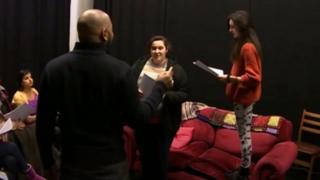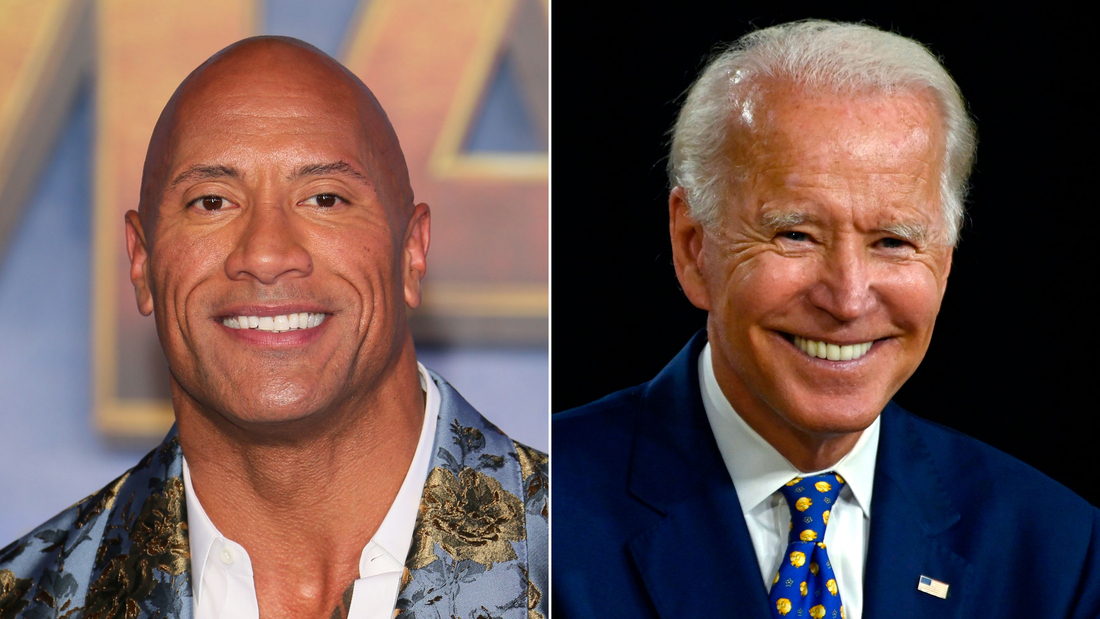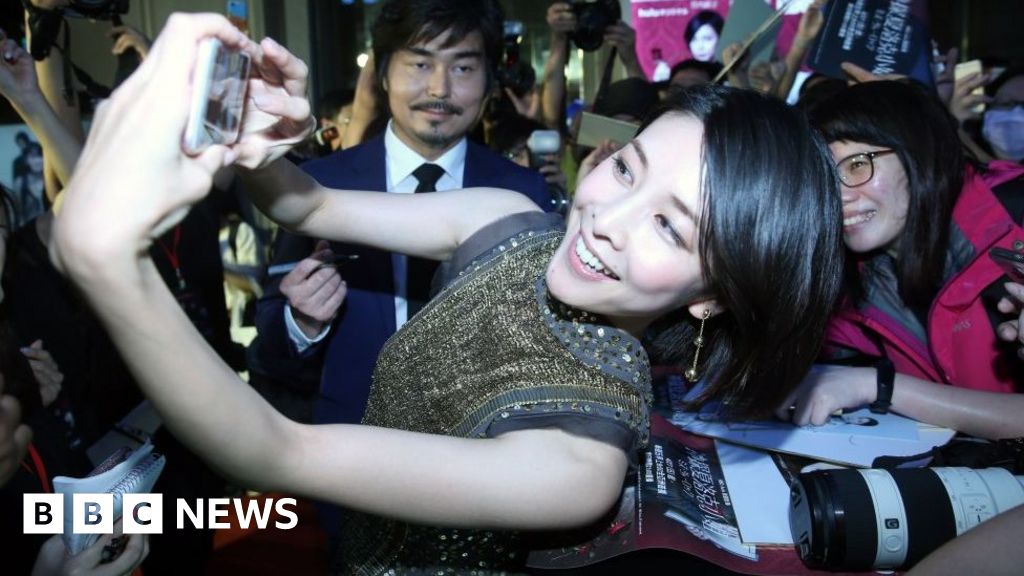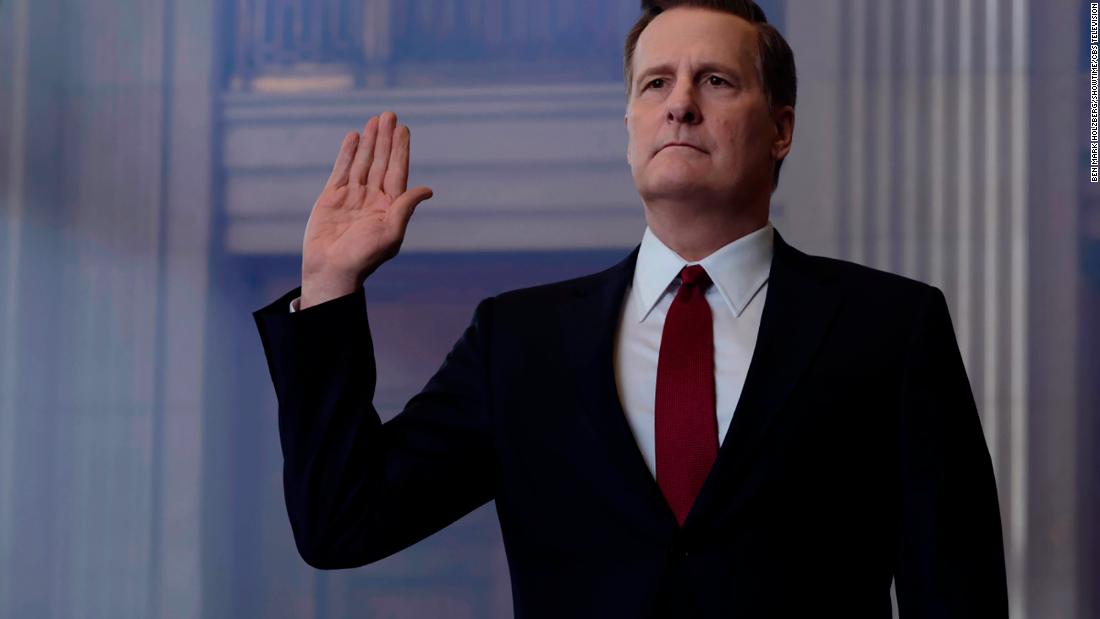 Image caption
The Fio theatre company has focused on diversity in the arts
Image caption
The Fio theatre company has focused on diversity in the arts
The Arts Council of Wales has admitted it is "failing to meet the mark" when it comes to equality in the arts.
It comes as a group set up by artists and organisations warned the sector would "inevitably lose people" if diversity was not addressed.
The Wales, Culture and Race task force said the arts should "reflect the society we live in".
The council said it would create a new senior role with a mandate to "drive change" within the organisation.
Data it provided for 2019-2020 showed there were 17 black, Asian or minority ethnic (BAME) people out of 349 overall on boards of management in 39 of its regularly funded organisations.
Complete data for all 67 organisations is unavailable for that period.
In a statement on its website, the Arts Council of Wales acknowledged structural inequalities within its own organisation and across the arts sector in Wales.
"We must become more diverse as an institution, more transparent, accountable and informed," it read.
The task force is backed by 28 organisations such as National Theatre Wales, National Dance Company Wales and Theatr Clwyd.
Abdul Shayek, one of its members, and chief executive of Fio theatre company, said organisations in the arts needed to think about their structures and leadership.
"Really talented people will leave Wales and go elsewhere if the opportunities aren't forthcoming, if organisations are not willing to change, if opportunities in terms of leadership are not presented," he said.
Image caption Abdul Shayek fears losing talent"It's the same people telling us that they're going to bring about change. It's the same senior leadership team.
"It's like a politician who sits in the same seat and goes, 'I'm going to bring about change after not bringing about change for 10 years'."
Rahil Abbas Sayed, who owns Silveredge Films and runs the Cardiff International Film Festival said the arts sector in Wales "still lacks stories about other backgrounds, other communities".
He has also found accessing funding for those projects difficult.
"It's very difficult for an ethnic event or ethnic production to be treated in the same way because you have to justify," he added.
"And the moment you have to justify you're already on a negative footing. Because you're already defensive about it. You're scared - should I say that? Should I exclude this in my application?
"That itself is not a very fair process… you censor it because you're trying to fit your story to someone else's mindset."
Mr Sayed said there should be better representation in decision-making bodies in the arts because otherwise Wales risked missing out.
Image caption Rahil Sayed says performers can be left with no choice but to move on"If you don't have support here, you will move out and venture out," said Mr Sayed. "But the wider challenge is, you're losing trust.
"People saying 'I don't trust this organisation, I don't trust this methodology of how things are being done. I don't want to apply for any grants in Wales.'"
Nicole May, a theatre producer and an arts associate of the Arts Council of Wales said the pace of change in improving diversity in Wales was too slow.
"I came to Wales when I was 18 and 10 years later I'm in a similar position where I think, 'why isn't it changed?'"
The task force is now hiring 12 freelance artists to help produce a plan for organisations, funding bodies and government with suggestions for ways to improve diversity.
The Arts Council of Wales said it has proposed an "initial set of actions", including holding institutions accountable when it comes to funding reviews and revising its National Lottery funding assessment criteria to ensure it reaches further into all communities in Wales.

 5 years ago
871
5 years ago
871 

